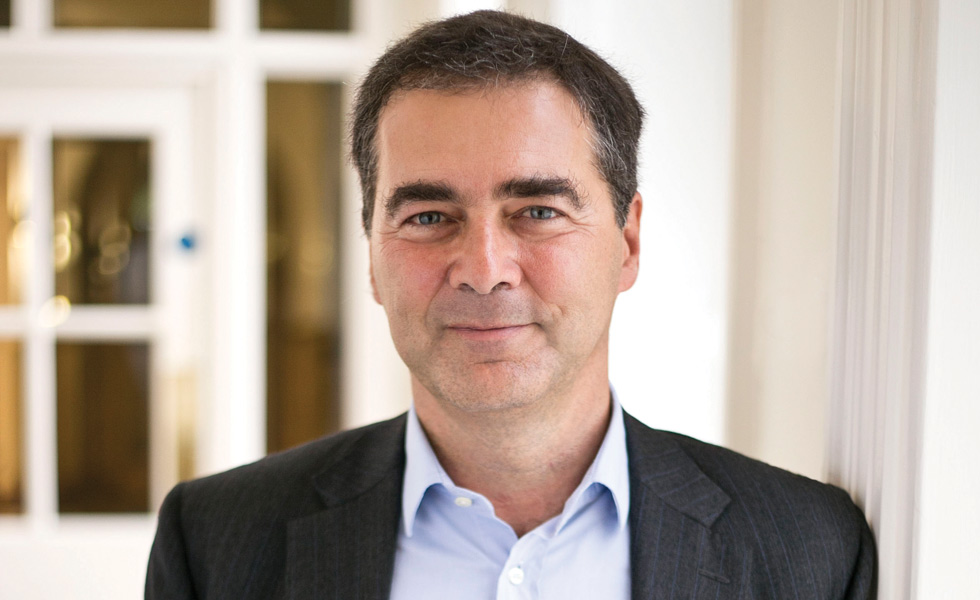Gibson Dunn London head of corporate Charlie Geffen talks about his experience during the global financial crisis and what law firms should learn from the last 10 years.
I was elected senior partner at Ashurst the week Lehman went down and in many ways my personal experience since then has tracked the wider legal market place.

My main memory of the real world events at the time was the sheer pace at which everything unfolded. One example was being called by Santander on a Friday to help them buy the good bits of Bradford & Bingley overnight that Sunday with the BBC announcing the deal even before the team in the room had been told. It felt dramatic but with hindsight that deal was a mere footnote in all that happened.
At the time Jim O’Neil (now Baron O’Neil) then Chief Economist at Goldman Sachs said: “The world has changed so fundamentally that none of us, in our lifetimes, will experience the world as it was before.” Ten years on and we know he was right.
For law firms themselves the traditional corporate and finance practices which were the main profit drivers for many firms were holed under water. Many top firms restructured, diversified, changed their compensation models and some merged to maintain relevance. Clients began to demand more efficiency and Belfast, Manchester and Glasgow suddenly became fashionable to London firms.
Unsurprisingly since the crisis the strength of the corporate practices at the big firms has been diluted by the growth of regulation, the importance of the US capital markets and the extra jurisdictional reach of the DoJ in the US. Investigations and litigation are key drivers of profitability and while M&A and corporate work can be fabulously remunerative they are no longer the dominant powerhouses they once were. In turn this has affected the balance of power within law firms.
Then the millennials began to appear. More demanding and more realistic about how their careers might develop in a post crisis world. Keen to engage and learn from an early stage rather than be treated as cannon fodder rarely speaking to partners let alone clients.
Over time the American firms have taken advantage of all that instability. And with their stronger home market they have continued to grow in London, attracting talent and clients at an increasing rate. Globalisation has played to their advantage and the idea of a top end UK/US merger is now unthinkable — there is simply no strategic need for the top US firms.
The continuing consolidation in the market will be driven as much by attrition and decline as by merger and growth. And millennials love the low leverage model of the US firms giving them the opportunity to learn their trade on the front line like many of my generation.
Assuming the legal market behaves like other markets, and there is no reason to believe it will not, the top US Firms will continue to provide a serious challenge to the Magic Circle who in turn are displacing the old Silver Circle.
The Magic Circle remain strong and powerful institutions but it is clear that they are suffering from symptoms similar to those of the Silver Circle when they came under pressure from the Magic Circle after the financial crisis. Slaughter & May’s strategy of “last mover advantage” is looking increasingly smart.
And yet, and yet… By any standards many (albeit not all) firms show remarkable resilience. “Declining firms” still deliver profits per partner way beyond the dreams of most graduates. And despite huge numbers of applications from top graduates salaries continue to be almost double the average starting salary for graduates in industry. It is all very hard to explain.


























